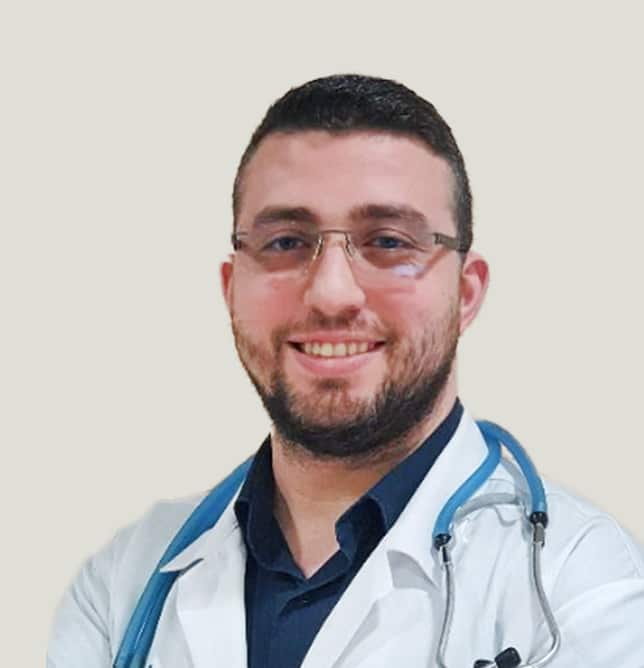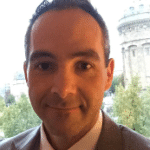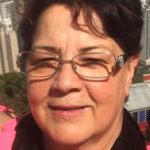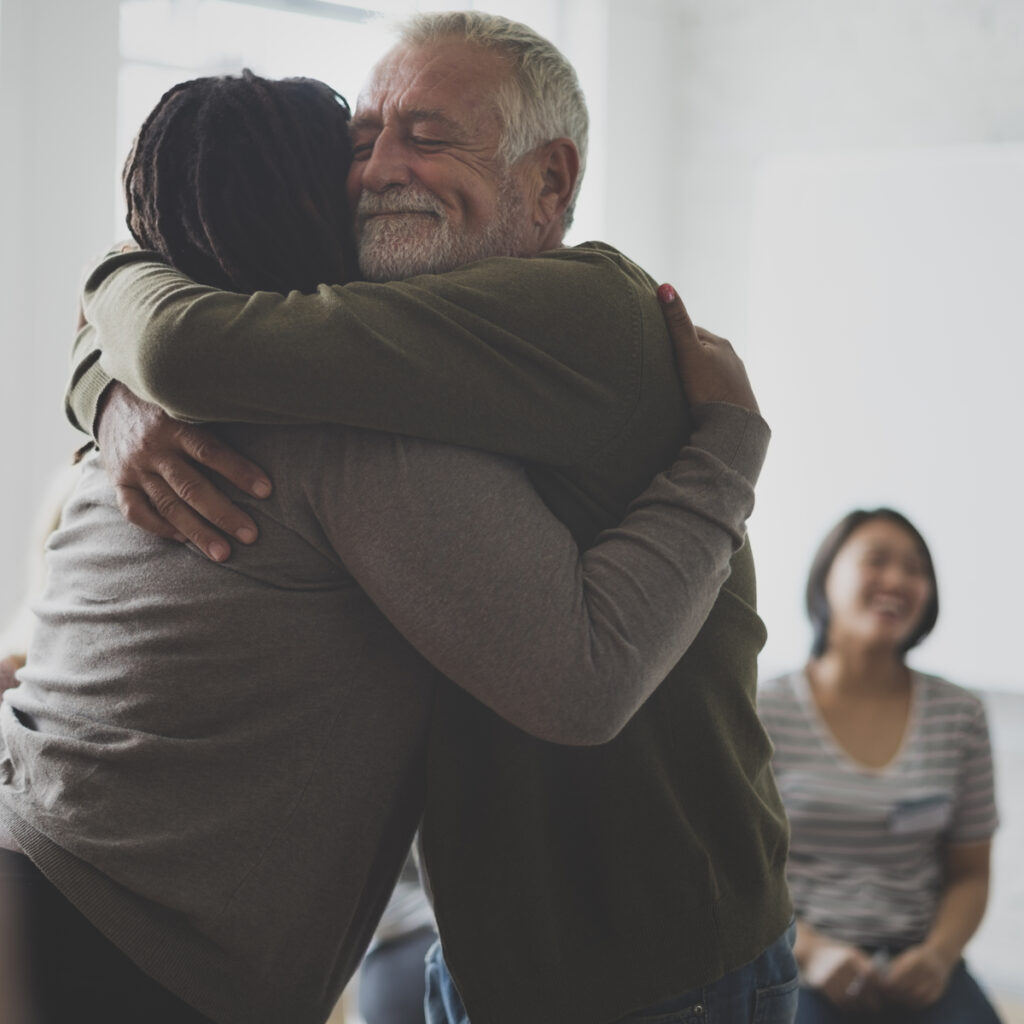
Who is Cancer Coach?
At Cancer Coach we believe that being diagnosed with a life-threatening disease like cancer is not the end. After your diagnosis you may experience a mix of emotions from disbelief, distress, to anger and depression, and these emotions could last as long as you allow them to. You will seek diagnosis and treatments from a number of professional healthcare providers, but no one will provide the support you may not know you need during your journey. That is where Cancer Coach can help you!
Cancer Coach’s Goal: Our team aims to support you as an individual, not just another statistic. We will help you navigate your journey and assist you medically, physically and emotionally.
Who is it for?: Our programme is suitable for all cancer patients, whether you are undergoing treatments, looking to improve your immune system and quality of life or seeking to find the best treatment for your cancer.
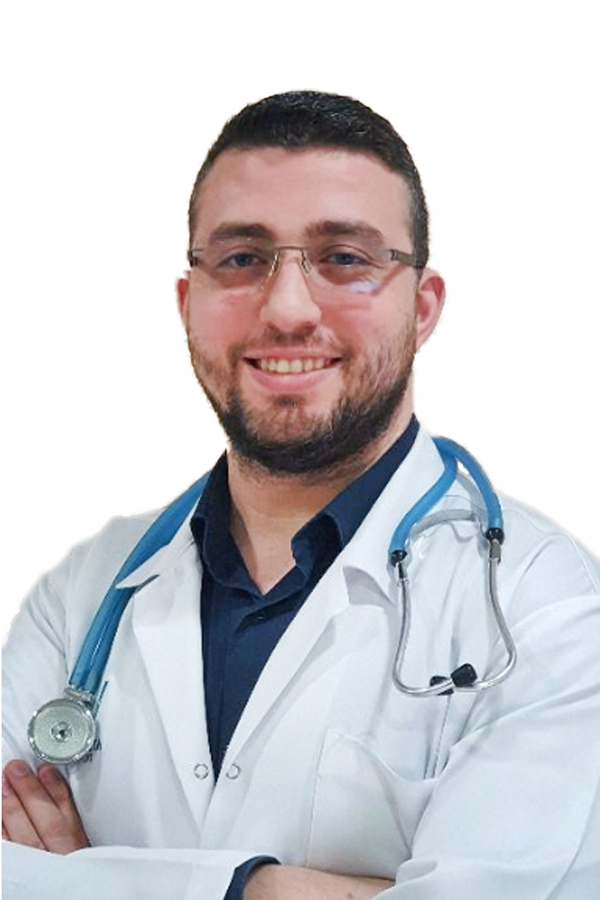
Dr Hossami’s View on Cancer
Cancer is a result of abnormal functions within our body causing a faulty division of cells combined with a weak or malfunctioning immune system.
This disease can impact any organ in the body including our brain, breast, liver, lung etc. Due to the diverse range of origins, there are over 100 types of cancer .
In 2018, the number of newly diagnosed cancer patients jumped from 14.1 million in 2012 to 18.1 million. This established cancer as the disease of the century .
You may ask yourself how does cancer begin? The answer is, our body has billions of dividing cells and this division of cells is controlled by our entire system. At any point, this process can be disrupted and our cells can start to divide abnormally. These atypical cells will become cancerous or malignant when the faulty division occurs within the DNA of the cell. The DNA in each cell has a large number of genes which contain the instruction of how the cell will perform, divide and grow. Cancer is caused by a change (mutation) in the DNA of the gene. These changes can occur before birth (genetics) or after.
Risk factors for lifestyle (non-genetic) cancers include, but are not limited to, smoking, radiation exposure, alcohol consumption, viruses, obesity, and chronic inflammation. In a normal scenario our immune cells recognise and eliminate these mutated cells by apoptosis, a process of programmed cell death. Unfortunately, when our immune system is weak, it can no longer effectively perform this function making us prone and more susceptible to illness. Cancer, itself, can also weaken our immune system. There are various signs and symptoms of cancer depending on its type and location. Some of the signs may include

- Fatigue
- Lump or area of thickening that can be felt under the skin
- Weight changes, including unintended loss or gain
- Skin changes, such as yellowing, darkening or redness of the skin, sores that do not heal, or changes to existing moles
- Changes in bowel or bladder habits
- Persistent cough or trouble breathing
- Difficulty swallowing
- Hoarseness
- Persistent indigestion or discomfort after eating
- Persistent, unexplained muscle or joint pain
- Persistent, unexplained fevers or night sweats
- Unexplained bleeding or bruising


